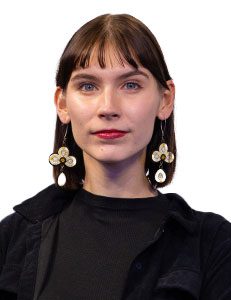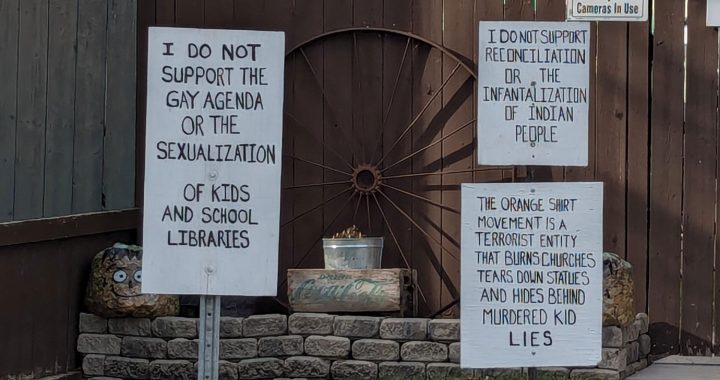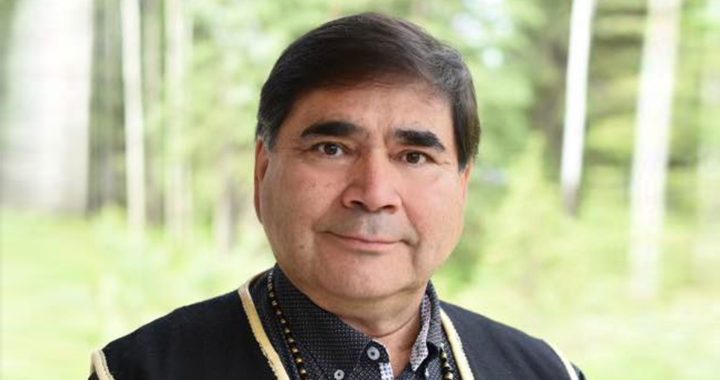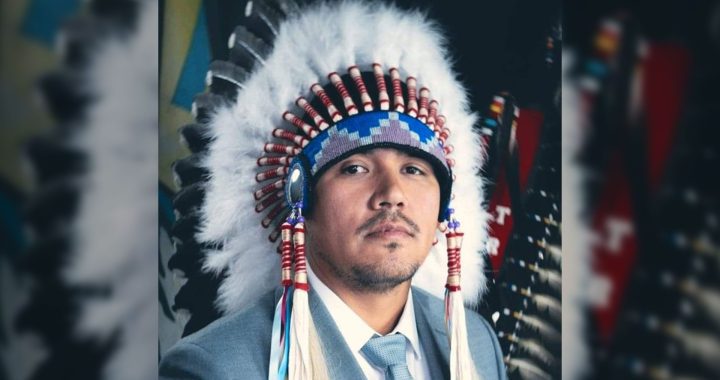Carla Devlin has spent most of her life trying to find who she is.
“I didn’t fit in the Western world and I didn’t fit in my own community, not knowing where I was from and who my people are,” Devlin said “So, that has been a difficult journey as far as ‘who am I, where do I belong?’.”
Devlin is originally from Millbrook First Nation in Nova Scotia but grew up in the child welfare system in Toronto. She’s among the hundreds of sixties scoop survivors gathered at a conference in Winnipeg today.
Hosted by the Anish Corporation and the Southern Chiefs’ Organization, the Finding Our Spirits gathering gives survivors from across the globe the chance to share experiences and reconnect.
During the two-day conference at the Hilton Winnipeg Airport Suites, survivors can access cedar baths, DNA kits, blanketing ceremonies and a host of services to help them heal and reconnect.
Eva Wilson-Fontaine, the executive director of the Anish Corporation, said the gathering was created by survivors, for survivors.
“It should always be survivor-led in anything we do, and that’s how this gathering came to be,” she said. “It turned out to be an international gathering because many of the children that were scooped during the sixties scoop were international.”
Stephanie Anaka and Pamela Abraham, who goes by the preferred name of RavenSong Gargan, travelled from the West Coast to the Prairies from the Sixties Scoop Indigenous Society of British Columbia (SSISBC).
They are survivors, who know that reconnecting can be incredibly arduous.
“I’ve talked to some survivors who are just tired. You know, they’re crying, they’re hurt, they’re stressed, they don’t know where to turn, so they turn to our society,” Anaka said.
Speaking to the barriers many survivors face, Gargan said access to records can be a significant roadblock in the path to reconnection.
“Records that are not all blacked out would be really helpful, and being able to have records that were not doctored or altered would be also helpful,” Gargan said. “We’re finding there’s a lot of sixties scoops that the records are not accurate.”
Tania Ross, originally from Opaskwayak Cree Nation, grew up in the foster care system in Manitoba and Alberta.
She said she experienced hardships and trauma while in care, which led to her involvement with the criminal justice system. She spent 20 years in prison starting in 1999.
“I had to start rebuilding my life outside the walls of prison, and I just put one foot in front of the other. I didn’t know how, but I had an amazing support circle,” Ross said. “I knew I wanted to give back to my community, my people because of what I took.”
Today, Ross runs a youth healing lodge and travels as a motivational speaker. A common theme she has noticed among sixties scoop survivors is the isolation that comes with disconnection.
“We all have in common that when you’re growing up in foster care, you know, in different foster homes and group homes and that, the loneliness of wanting to be with your family,” Ross said “‘Where’s home?’ I had that question for so long, like where’s home? And my mom always told me, ‘home is where you want to make it, my girl’.”
After spending the past five years retracing her roots, and a lifetime feeling lost, Devlin says attending the gathering feels like coming home.
“It’s been really an emotional journey but almost a bit like a homecoming,” she said. “That family reunion that we never had.”










